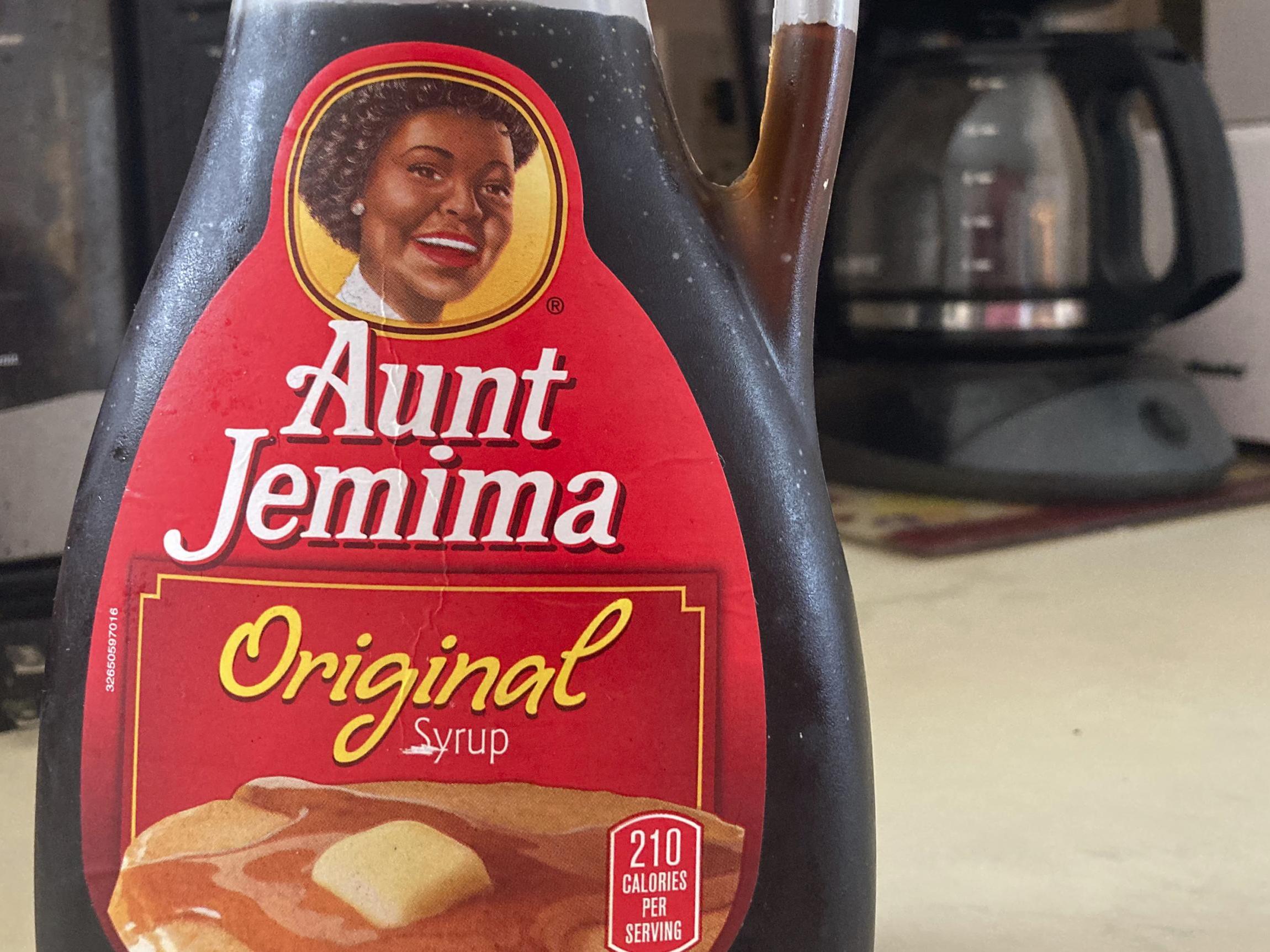Aunt Jemima brand to change name and image of black woman ‘based on a racial stereotype’
‘We also must take a hard look at our portfolio of brands and ensure they reflect our values and meet our consumers’ expectations,’ company says

Your support helps us to tell the story
From reproductive rights to climate change to Big Tech, The Independent is on the ground when the story is developing. Whether it's investigating the financials of Elon Musk's pro-Trump PAC or producing our latest documentary, 'The A Word', which shines a light on the American women fighting for reproductive rights, we know how important it is to parse out the facts from the messaging.
At such a critical moment in US history, we need reporters on the ground. Your donation allows us to keep sending journalists to speak to both sides of the story.
The Independent is trusted by Americans across the entire political spectrum. And unlike many other quality news outlets, we choose not to lock Americans out of our reporting and analysis with paywalls. We believe quality journalism should be available to everyone, paid for by those who can afford it.
Your support makes all the difference.Aunt Jemima syrup and pancake mix will be given a new name and image by Quaker Oats, after the company acknowledged the brand’s origins were racist.
Quaker Oats announced on Wednesday that the brand will be given a new logo later in 2020, after acknowledging that “Aunt Jemima’s origins are based on a racial stereotype.”
The brand, which is 130 years old, has faced criticism over the last few years, for the origins of the branding of Aunt Jemima, who is a black woman.
The character of Aunt Jemima was inspired by a popular stereotypical black minstrel character in the 1800s, and was later adopted by the brand, according to CNN.
However, amid growing criticism of the brand using racial stereotyping to sell their product, Quaker Oats has decided to make changes in order to “make progress toward racial equality.”
Kristin Kroepfl, the vice president and chief marketing officer of Quaker Foods North America, said in a press release on Wednesday: “We recognize Aunt Jemima’s origins are based on a racial stereotype.
“As we work to make progress toward racial equality through several initiatives, we also must take a hard look at our portfolio of brands and ensure they reflect our values and meet our consumers’ expectations.”
In 2015, in an article for the New York Times, Riché Richardson, a professor at Cornell University, wrote that the logo is linked to “southern racism.”
She wrote that the logo was inspired by a “’mammy,’ a devoted and submissive servant who eagerly nurtured the children of her white master and mistress while neglecting her own.”
The brand ran ads in the US for decades, that referenced the Mammy stereotype, according to CNN.
They removed the kerchief that is common in depictions of the mammy stereotype a few years ago, but did not make any other changes to the logo and overall branding.
Mr Kroepfl added: “While work has been done over the years to update the brand in a manner intended to be appropriate and respectful, we realize those changes are not enough.”
The brand also announced on Wednesday, that it will donate $5m (£3.98m) over the next five years to “create meaningful, ongoing support and engagement in the Black community.”
Join our commenting forum
Join thought-provoking conversations, follow other Independent readers and see their replies
Comments